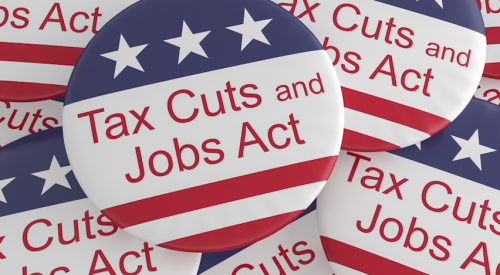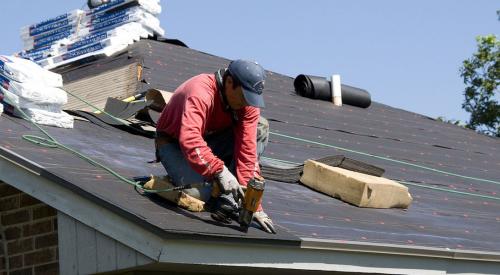In the face of a housing shortage, shrinking housing affordability for low-income households, overcrowding, and rising rents, some are weighing the utility of a land-value tax (LVT) for metro areas. The land-value tax is comparable to a property tax, while including a deduction for the value of buildings and other improvements.
Because the quantity of land is fixed, "taxing it doesn't shrink the economy like taxes on wages and capital sometimes do," argues Noah Smith of BloombergView. He continues that the tax would provide incentive to continue building, and encourage density while reducing land prices, resulting in lower rents and greater overall affordability.
In cities, especially large metropolises like New York and tech hubs like San Francisco, the land under a building is often worth a lot more than the buildings itself. When a city gets denser or more desirable, lucky landowners reap windfalls as land prices appreciate. But these windfalls aren’t just unfair -- they raise both rents and housing prices, pushing potential new residents out of a city and choking off its growth.













